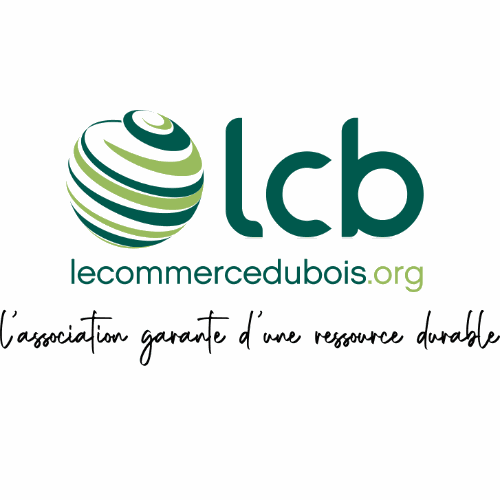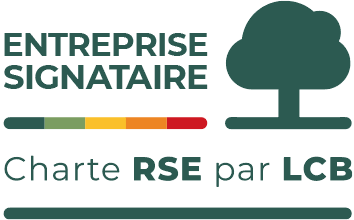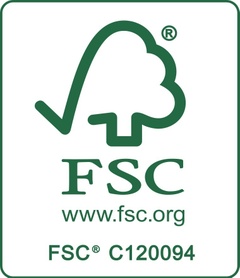Eco-responsability

Our commitments
- Our certificate of compliance with the DR procedure
Corporate Social Responsibility
Already an active member since 2013 with the Environmental Charter of our federation Le Commerce du Bois, Poly-Wood has signed LCB's new CSR charter, which aims to be even more seasoned in the fight against illegal trade and imported deforestation.
The Charter's commitments are in line with regulatory developments at both national and European level (RDUE), and include precise monitoring and control of the reduction of the environmental and societal impacts of our activities. The aim of the Charter is to guarantee a common policy for LCB members, focusing on three key areas: :
Sustainable sourcing (reducing social and environmental impacts),
Responsible selling (transparent communication),
Controlled operations (a CSR policy and a reduction in the carbon footprint of activities).
They are also broken down into two levels of involvement: essential commitments, which bring together regulatory requirements, responsible practices and differentiating commitments, marking the extra attention paid by LCB members to social and environmental responsibility issues and translating into concrete terms the progress approach to which LCB members are committed. To this end, Poly-Wood is audited every year by an independent third party.
- Our performance certificate

FSC® certified Poly-Wood
Poly-Wood is committed to a quality approach in order to promote products from forests that respect the principles of sustainable management. In this perspective, we are FSC® certified.
- Notre certificat FSC®
- Our FSC® certificate
- Our policy statement
Created in 1993, the FSC® (Forest Stewardship Council®) is an international forest certification system designed to guarantee that wood and wood products come from responsibly managed forests. This includes environmental standards on the one hand, and social standards on the other.
The advantages of wood resources
The cascading use of wood resources contributes to respect for the environment and the climate.
Wood is recyclable
Co-products from primary processing are used entirely as raw materials or energy.
Waste from secondary processing and end-of-life wood products are also largely recycled or recovered.
The main recycling route is the manufacture of particleboard.
Wood packaging waste can be converted into fuel and used in biomass boilers.
Waste from furniture and construction can be converted into heat and electricity in incinerators.
Wood is a renewable resource
Wood is an infinitely renewable raw material. Harvested trees are replaced by new ones.
Wood is strong
6 times stronger than reinforced concrete for the same weight, it has an excellent capacity to absorb shocks and seismic vibrations.
Wood is fire-resistant
Wood burns slowly, evenly and measurably, without transmitting its heat to neighboring parts (which is also why certain types of wood can be used to make fire doors): it burns at a rate of 0.7 mm per minute (4.2 cm per hour).
Wood combats the greenhouse effect
1m3 of wood can store the equivalent of 1 tonne of CO2, and these storage and sequestration properties help combat the greenhouse effect.
Wood is a thermal regulator
With very low conductivity, it transmits heat 10 times more slowly than concrete and 250 times more slowly than steel.
